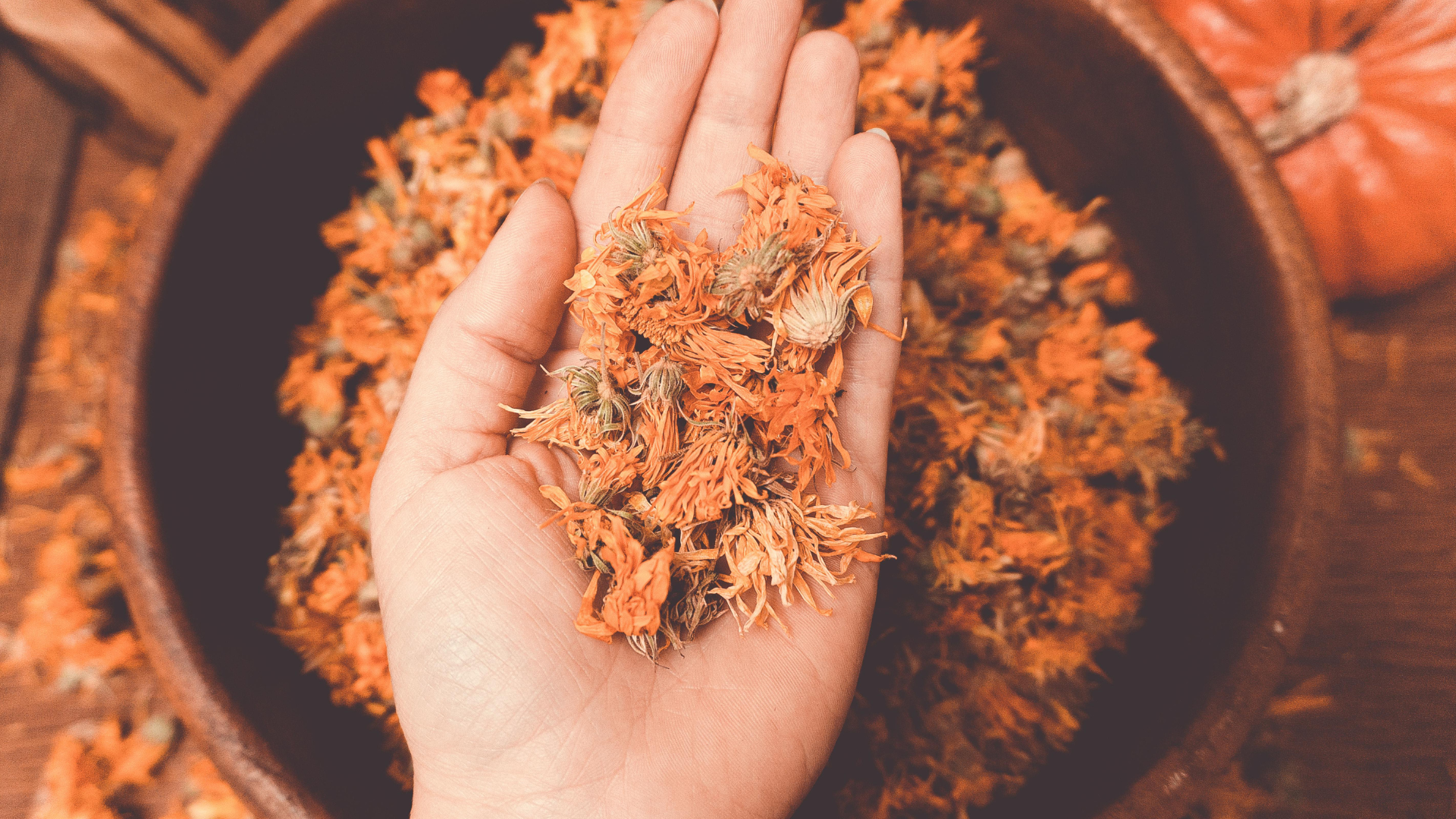Unveiling the Ancient Wisdom: A Journey Through the History of Ayurveda
Sep 08, 2025
Unveiling the Ancient Wisdom: A Journey Through the History of Ayurveda
Introduction:
Ayurveda, often referred to as the "Science of Life," is an ancient holistic healing system that originated in India over 5,000 years ago. Rooted in the profound wisdom of ancient sages, Ayurveda has withstood the test of time, evolving into a comprehensive system that addresses the physical, mental, and spiritual aspects of well-being. Let's embark on a fascinating journey through the rich tapestry of Ayurvedic history.
Vedic Roots (Around 1500 BCE - 500 BCE):
-
The origins of Ayurveda can be traced back to the Vedic period, where its foundational principles were documented in the sacred texts known as the Vedas. Rigveda, the oldest of the four Vedas, contains hymns dedicated to health and healing, serving as the early seeds of Ayurvedic knowledge.
Compilation of Ayurvedic Texts (Around 600 BCE - 200 CE):
-
The foundational texts of Ayurveda, the Charaka Samhita, Sushruta Samhita, and Ashtanga Hridaya, were compiled during this period. Charaka Samhita, attributed to the sage Charaka, focuses on internal medicine, while Sushruta Samhita, attributed to the sage Sushruta, delves into surgery and anatomy. These texts laid the groundwork for Ayurvedic principles and practices.
Golden Age of Ayurveda (200 BCE - 500 CE):
-
The Gupta dynasty marked a golden age for Ayurveda. During this period, the great sage Vagbhata composed the Ashtanga Sangraha and Ashtanga Hridaya, two influential texts that synthesized and organized Ayurvedic knowledge. The Gupta rulers were patrons of Ayurveda, fostering its growth and development.
Islamic Influence (711 CE - 1206 CE):
-
With the Islamic conquest of India, Ayurveda faced a period of transformation and assimilation. Persian and Arabic scholars translated Ayurvedic texts into their languages, preserving and spreading this ancient knowledge to different parts of the world.
Colonial Era Challenges (17th Century - 20th Century):
-
The British colonial period posed challenges to traditional Indian systems of medicine, including Ayurveda. However, Ayurveda persisted, and efforts were made to revitalize and modernize the system. The establishment of Ayurvedic colleges and institutions in the 19th and 20th centuries contributed to its preservation.
Revival and Globalization (20th Century - Present):
-
The post-independence era in India witnessed a renewed interest in Ayurveda. The government played a pivotal role in promoting and standardizing Ayurvedic education and practices. In recent decades, Ayurveda has experienced a global resurgence, with people around the world recognizing its holistic approach to health and wellness.
Recognition and Integration (Present):
-
In the 21st century, Ayurveda has gained recognition as a complementary and alternative medicine system. Many countries have integrated Ayurveda into their healthcare practices, and the global wellness industry has embraced Ayurvedic principles, from herbal supplements to lifestyle recommendations.




